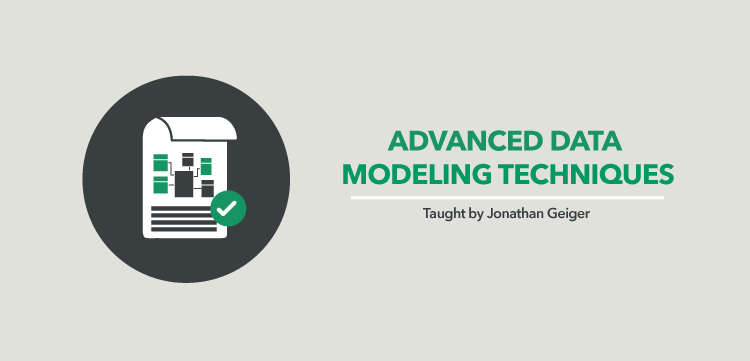Go beyond basic data modeling concepts to explore the more complex situations faced with data modelers today.

Enroll Now
TDWI's Advanced Data Modeling Techniques course goes beyond basic data modeling concepts to explore some the more complex situation faced by data modelers today. The course reviews common architectural frameworks, higher normal forms different abstraction levels, alternative approaches for developing the business data model, complementary data models and much more.
You Will Learn
- Enterprise architecture approaches and how to apply them
- How big data and analytics impact traditional approaches
- Different data models and how they relate to each other
- The old methods of modeling in analytics
- Higher normalization forms
- How to effectively apply generalization and specialization
- The role of metadata management in data governance
- State and time dependencies and how to handle them
- How to validate the data model
- How to transform the business data model into physical models based on the application
- The implications of alternative storage approaches
- The roles and structures of complementary models
- How to deal with multiple time zones and currencies
Geared To
The course is designed for experienced data modelers and developers who need to develop the structures needed to deal with today's challenges. If you are a data architect, this course provides information on common architectural frameworks to help you select the approach best suited for your organization. If you are a data modeler, DBA or developer, this course provides information for handling some of the complex situations encountered in real world implementations.
Instructor

Jonathan Geiger
CBIP, President
Geiger Intl, Inc.
Jonathan Geiger, CBIP, is an experienced consultant with management and hands-on experience in business intelligence, data governance, quality management, CRM, and related areas in many industries, having gained his initial experience as a program manager at an electric utility company and subsequently as a consultant. He presents frequently at national and international conferences, has written over sixty articles, and coauthored three books.